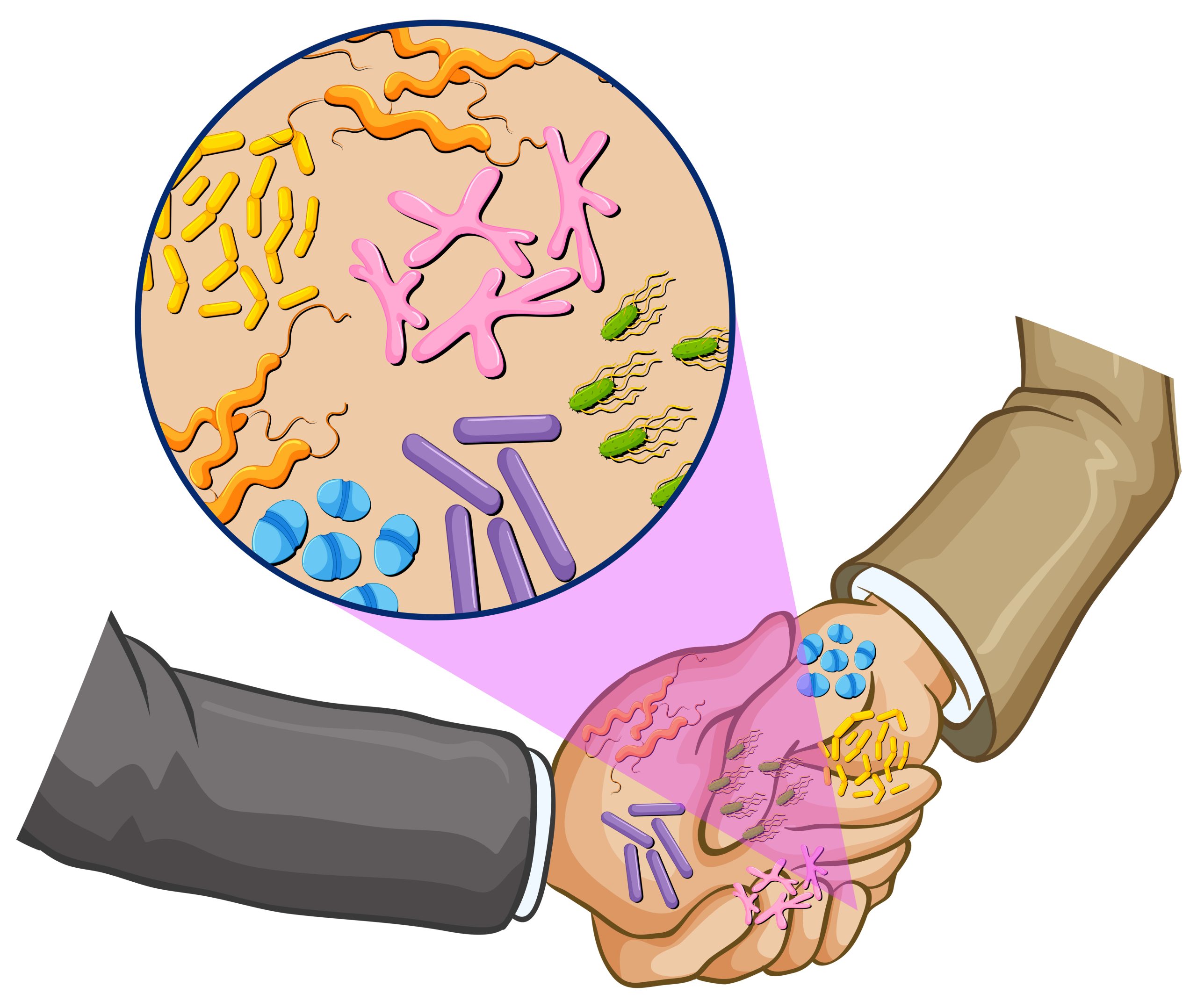Understanding the science behind habit formation can be instrumental in developing positive habits. Here are some tips rooted in scientific research to help you in the process:
- Identify the Cue: Every habit has a trigger or cue that initiates the behavior. Pay attention to the circumstances, emotions, or environment that precede the habit you want to develop. For example, if you want to start reading more, the cue might be seeing a book on your bedside table.
- Start Small and Be Consistent: Begin with a small, achievable action that can be easily integrated into your routine. Consistency is more important than intensity when forming a habit. Instead of trying to read for an hour every day, start with 10 minutes and build up gradually.
- Create a Routine: Habits thrive in a consistent environment. Designate a specific time and place for your new habit. Whether it’s morning meditation or evening exercise, a routine will help solidify the habit by linking it to a specific context.
- Make it Enjoyable: Find ways to make your new habit enjoyable or rewarding. Our brains are wired to seek pleasure, so incorporating elements of enjoyment can reinforce the habit loop. For instance, listen to uplifting music while exercising or reward yourself with a small treat after completing a task.
- Harness the Power of Habit Stacking: Habit stacking involves pairing a new habit with an existing one. Associate your desired habit with an existing routine or action that you already perform consistently. This helps in piggybacking the new behavior onto an established one, increasing the likelihood of success. For example, after brushing your teeth, you can immediately do a short stretching routine.
- Practice Mindfulness: Cultivate mindfulness and bring awareness to the present moment. Mindfulness helps you become more conscious of your actions and choices, making it easier to break old habits and develop new ones. When engaging in your new habit, focus on the sensations, thoughts, and emotions associated with it.
- Be Patient and Persistent: Habits take time to form. Research suggests that it can vary from several weeks to several months depending on the complexity of the habit. Understand that setbacks may happen, but view them as opportunities to learn and adjust your approach. Stay persistent and committed to the process.
By following these evidence-based tips, you can leverage the science of habit formation to develop positive habits that align with your goals. Remember, developing habits is a gradual process, so be kind to yourself and celebrate every step forward along the way.










